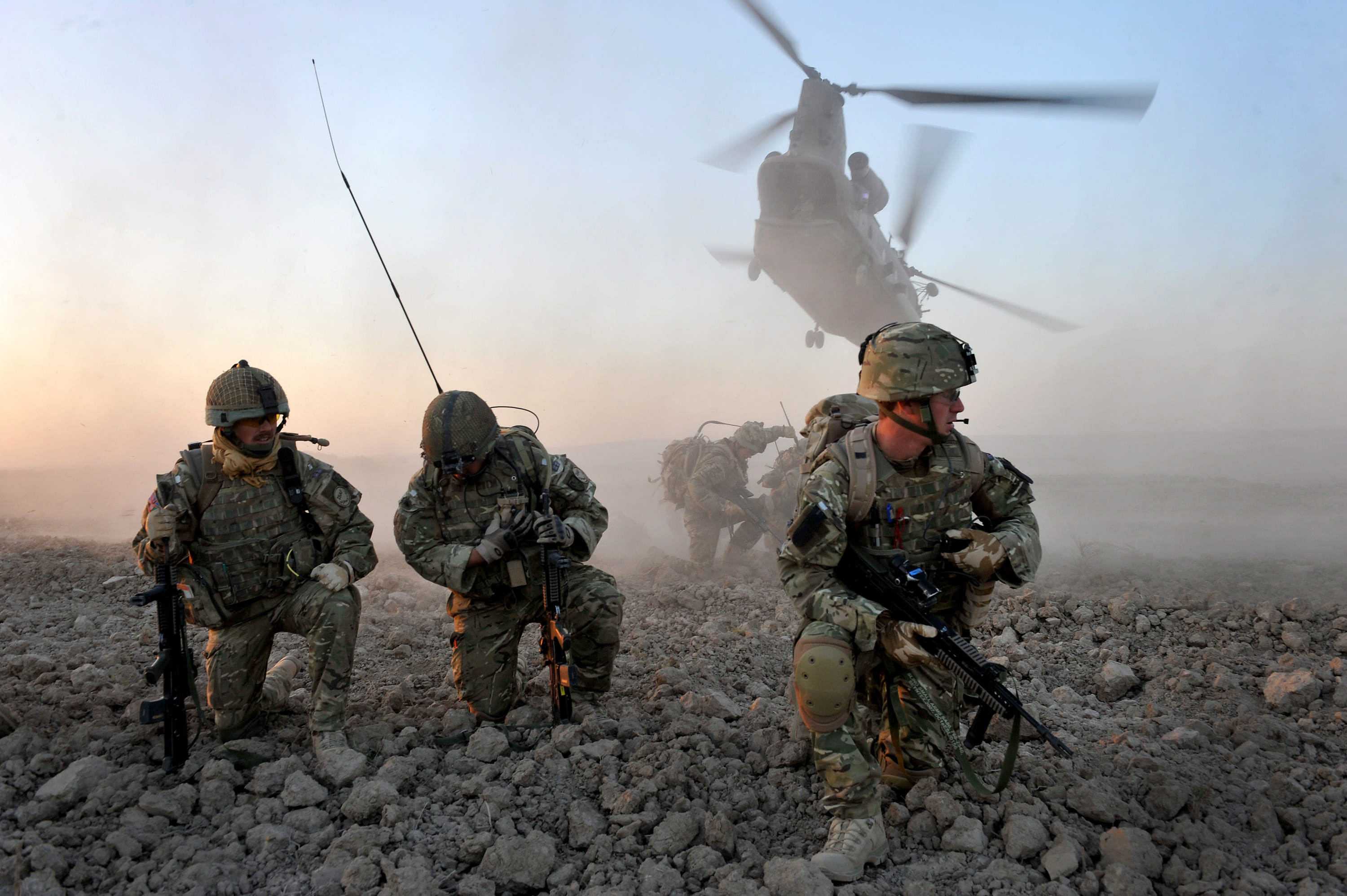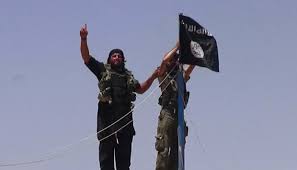Following the chaos and tragedy of the terrorist attacks in Paris, France, on November 13, 2015, in which members of ISIS successfully carried out a well-coordinated string of attacks killing 130 people and leaving hundreds injured, France sought the support of the European Union and Western allies to respond to this complete disregard for human life by means of force. Although a rally cry to arms against ISIS, as voiced by France’s President, François Hollande is necessary following such recent occurrences of ISIS inspired and conducted attacks, it is in fact not enough.
Rather, Paris, along with other NATO members, which have fallen victim to such vicious attacks must request the support of the North Atlantic Council, NATO’s primary political decision-making committee, to invoke Article Five. As world leaders denounced these attacks as an “act of war”, security analysts suggested that this could lead to the invocation of Article Five of the North Atlantic Treaty; the clause declaring an attack against one is considered to be an attack against all.
It is worth noting that in the organization’s 67 year history, this collective action has only been called on once in response to the September 11, 2001, terrorist attacks that shook the foundation of America and the world as an entirety. Under such similar conditions, it is apparent that France, much like the United States on September 11, 2001, has been attacked by an outside power. But, if NATO still means anything, as questioned by some, its members must rise to their most basic obligations of collective defense. Assuming that Article Five were to be invoked, would it be effective?
Surely, NATO has the capability to play a much greater role in not just the battle against ISIS, but also in the stabilizing of the Syrian civil war. But, by no means does invoking Article Five automatically entail the implementation of a full on military intervention with boots on the ground, as was the case after 9/11 within Iraq and Afghanistan. The use of military intervention by armed force, while specifically mentioned within Article Five, only indicates a possible option that allied nations can resort to.
“… the Islamic State group is an apocalyptic organization overdue for eradication.”
Rather, according to Article Five, once such agreement is invoked, each signatory NATO member agrees that it will assist the Party attacked individually and in a conforming manner with that of the other Parties with actions that are deemed to be necessary. In other words, the specific strategy and decisions to be utilized in confronting the battle with ISIS is left up to the discretion of each of the member states. In fact, Ivo Daalder, President of the Chicago Council on Global Affairs states, nothing in Article Five indicates the necessity of collective action on the part of the Alliance as a whole. Such collective action by NATO would involve a wholly separate decision that could follow the invocation of Article Five by NATO, but is by no means automatic. What is of importance though is that the fundamental purpose of a NATO mission, and with that the role of the Canadian Armed Forces, should be to defeat the Islamic State of Iraq and Syria and destroy the very infrastructure it has created within the region.
Nevertheless, a challenging question of consequence that would be posed by invoking Article Five is that by doing so, the international order would in fact be overtly recognizing ISIS as a sovereign state. An assertion of this type would raise legal issues. In fact, some scholars and jurists “contend that it isn’t possible for a nation-state to be in a true state of war with a private terrorist organization.” Yet, it remains unclear what ISIS truly is as it has been recognized by the international order as neither a terrorist organization nor a political party. Though ISIS exhibits certain state-like qualities and characteristics recognized by the Montevideo Convention, the international community has yet to accord it recognition as a legitimate political entity within the international order.
One could argue that the barbaric utilization of force imposed by ISIS to establish dominant power has morally delegitimized its claims to statehood in the eyes of the rest of the world. Even if this is correct, by this point of argument, ISIS nonetheless qualifies as a state-like entity, having seized substantial control of large regions of Iraq and Syria. In any event, the NATO “treaty applies to all ‘armed attacks’ on the signatories in Europe or North America, regardless (whether it qualifies) as war or not.”
The closest thing, at this point, that ISIS embodies is that of a theocratic proto-state. Irrespective of statehood, the activation of Article Five remains of paramount importance because, according to James Stavridis, former NATO SACEUR, “the Islamic State group is an apocalyptic organization overdue for eradication.” Therefore, invoking Article Five of the North Atlantic Treaty could potentially provide grounds for a far more robust and unified framework for waging war against ISIS. It would entail a unification of a collective mission among states that would demonstrate to the rest of the world, and more importantly to ISIS, that NATO is willing to act in a decisive manner when it is posed with a grave security threat against any of its 28 member states.
Photo courtesy of ResoluteSupportMedia via Flickr.
Disclaimer: Any views or opinions expressed in articles are solely those of the authors and do not necessarily represent the views of the NATO Association of Canada.




